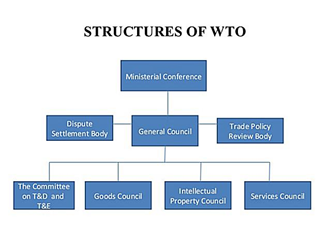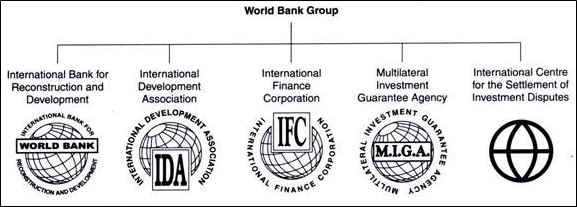India has undertaken a significant overhaul of its labour laws, consolidating 29 central labour laws into four comprehensive labour codes. These reforms aim to streamline regulations, enhance worker rights, and improve the ease of doing business.
1. Code on Wages, 2019
The Code on Wages consolidates four laws related to wages and bonuses, ensuring uniformity and fairness in wage payment.
Acts Subsumed:
The Payment of Wages Act, 1936
-
- The Minimum Wages Act, 1948
- The Payment of Bonus Act, 1965
- The Equal Remuneration Act, 1976
Key Provisions:
-
- Establishes a uniform definition of ‘wages.’
- Mandates timely payment of wages to all employees.
- Sets a national minimum wage, which can be adjusted by the states.
- Ensures equal remuneration for male and female workers for the same work or work of similar nature.
2. Industrial Relations Code, 2020
The Industrial Relations Code consolidates three major laws governing industrial disputes, trade unions, and employment conditions, aiming to balance the rights of workers and employers.
Acts Subsumed:
-
- The Trade Unions Act, 1926
- The Industrial Employment (Standing Orders) Act, 1946
- The Industrial Disputes Act, 1947
Key Provisions:
-
- Simplifies the process for registering trade unions.
- Introduces a negotiation union or council for resolving industrial disputes.
- Sets conditions for strikes, including a 60-day notice period for strikes in public utility services.
- Establishes a grievance redressal mechanism for workers.
3. Code on Social Security, 2020
The Code on Social Security merges nine laws related to social security and welfare, aiming to extend social security benefits to all workers, including those in the unorganised sector.
Acts Subsumed:
-
- The Employees’ Provident Funds and Miscellaneous Provisions Act, 1952
- The Employees’ State Insurance Act, 1948
- The Employees’ Compensation Act, 1923
- The Maternity Benefit Act, 1961
- The Payment of Gratuity Act, 1972
- The Cine Workers Welfare Fund Act, 1981
- The Building and Other Construction Workers Cess Act, 1996
- The Unorganised Workers’ Social Security Act, 2008
- The Employment Exchanges (Compulsory Notification of Vacancies) Act, 1959
Key Provisions:
-
- Expands the definition of ’employees’ to include gig and platform workers.
- Introduces social security schemes for gig and platform workers.
- Mandates the creation of a social security fund for unorganised workers.
- Provides maternity benefits and gratuity to all women workers, including those in the unorganised sector.
4. Occupational Safety, Health and Working Conditions Code, 2020
The Occupational Safety, Health and Working Conditions (OSH) Code consolidates 13 laws related to the safety, health, and working conditions of workers, ensuring a safe working environment.
Acts Subsumed:
-
- The Factories Act, 1948
- The Mines Act, 1952
- The Dock Workers (Safety, Health and Welfare) Act, 1986
- The Building and Other Construction Workers (Regulation of Employment and Conditions of Service) Act, 1996
- The Plantations Labour Act, 1951
- The Contract Labour (Regulation and Abolition) Act, 1970
- The Inter-State Migrant Workmen (Regulation of Employment and Conditions of Service) Act, 1979
- The Working Journalist and other Newspaper Employees (Conditions of Service and Miscellaneous Provisions) Act, 1955
- The Working Journalists (Fixation of Rates of Wages) Act, 1958
- The Motor Transport Workers Act, 1961
- The Sales Promotion Employees (Conditions of Service) Act, 1976
- The Beedi and Cigar Workers (Conditions of Employment) Act, 1966
- The Cine Workers and Cinema Theatre Workers (Regulation of Employment) Act, 1981
Key Provisions:
-
- Ensures health, safety, and welfare of workers across various sectors.
- Mandates free annual health check-ups for workers.
- Regulates working hours and conditions for different types of employment.
- Provides for a single licensing mechanism for contractors and employers.






